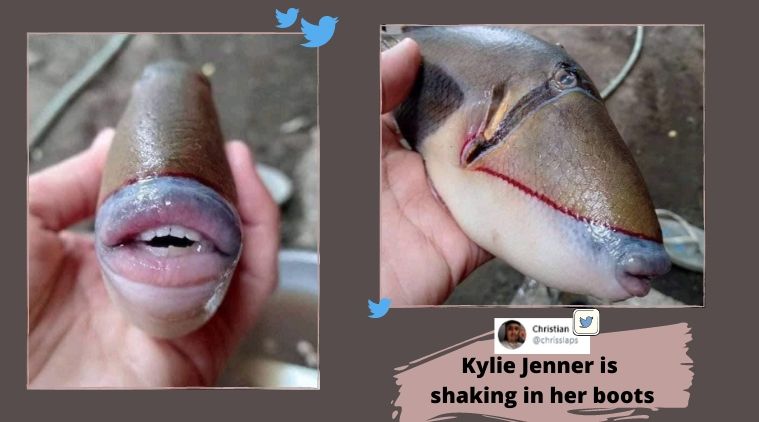The search for a more sustainable consumption is reaching a critical moment.
When sustainable alternatives are widespread, affordable and
just as good or better than the legacy option, then eco-consumption
becomes less about the status of opting in, and more about the shame
of opting out. That’s why in 2020, millions of consumers will seek out
products, services and experiences that help them alleviate rising
eco-shame.
It’s hard to overstate the significance of this shift. We’ve been
tracking the search for a more sustainable consumption for over a
decade. The common thread that runs through much of it? The evolution of
eco-consumption as a
status play.
Just take a look at three iconic eco-consumption moments. Way back in 2008 Tesla launch the
Roadster, a USD 100,000 electric supercar. Eco-status! In 2016
Adidas partner with Parley for the Oceans
to produce a limited-edition line of sneakers made from recycled ocean
plastic; only 50 pairs are made. Eco-status! Also in 2016, NYC’s
Momofuku Nishi becomes the
first restaurant in the world to offer the Impossible Burger. Yet more eco-status!
But what has been the story since then? Fast-forward to 2019, and
Tesla’s Model 3 is a play for the mainstream driver, and now the
third best-selling car in the UK. Adidas made
11 million pairs of ocean plastic sneakers in 2019. And Impossible Burger is available at over
7,000 Burger King outlets across the US.
From high-end and rare to affordable and widespread: that’s the
eco-consumption journey across the last few years. And when
eco-alternatives go mainstream in this way, they're no longer an
exciting status currency. The key implication? A shift in the moral
calculus for consumers. Because when eco-alternatives are as available,
affordable and effective as the legacy option, there's no reason
not to choose them. Eco-consumption becomes less about the status of opting in, and more about the shame of opting out.
Throw in Extinction Rebellion, the global Strike for Climate movement,
and Greta, and you have a tipping point in awareness also fueling this
crucial shift.
Increasingly widespread shame at air travel – or
flygskam in
the original Swedish – is now set to diffuse across every B2C industry.
It’s a shift with profound implications for consumerism, business,
everyone. Implications that you
must act upon in 2020.

